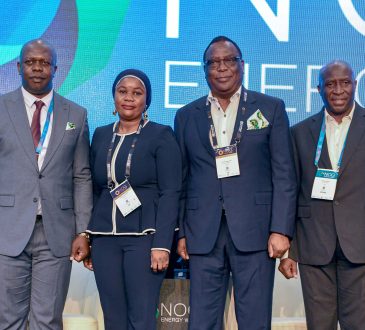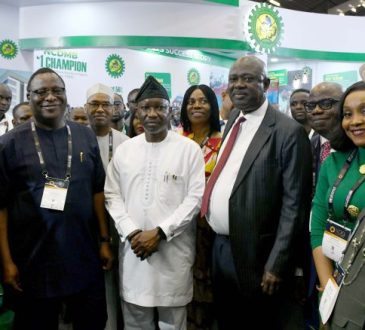
• The drop is eight consecutive time since january
The National Bureau of Statistics (NBS) said on Tuesday that Nigeria’s inflation rate dropped to 15.98 per cent in September from 16.01 per cent recorded in August. The latest figures show that it has declined for the eighth consecutive time since January 2017.
According to data released by the NBS, the decline was 0.03 per cent points lower than the rate recorded in August.
The report, however, indicated that all major food sub-indexes increased by 20.32 per cent between September 2016 and 2017, an increase from the 20.25 per cent recorded in August even as the headline index increased by 0.78 per cent in September, 0.19 per cent lower than the 0.97 per cent recorded in August.
According to the NBS, increases were recorded in all divisions that yield the Headline Index, while the headline index increased by 0.78 per cent in September 2017, 0.19 per cent points lower from the rate of 0.97 per cent recorded in August.
“The percentage change in the average composite CPI for the twelve-month period ending in September 2017 over the average of the CPI for the previous twelve-month period was 17.17 per cent, showing 0.16 per cent point lower from 17.33 per cent recorded in August 2017,” the report said.
“The Urban index rose by 16.18 per cent (year-on-year) in September2017, up by 0.05 per cent point from 16.13 per cent recorded in August and the Rural index increased by 15.81 per cent in September, down from 15.91 per cent in August.
“On month-on-month basis, the urban index rose by 0.84 per cent in September 2017, down from 0.99 per cent recorded in August, while the rural index rose by 0.74 per cent in September 2017, down from 0.95 per cent in August.”
The report also revealed that the rise in the food index was caused by increases in prices of potatoes; yams and other tubers; milk, cheese and eggs; bread and cereals; coffee, tea and cocoa; soft drinks, fish, meat and oil and fats.






